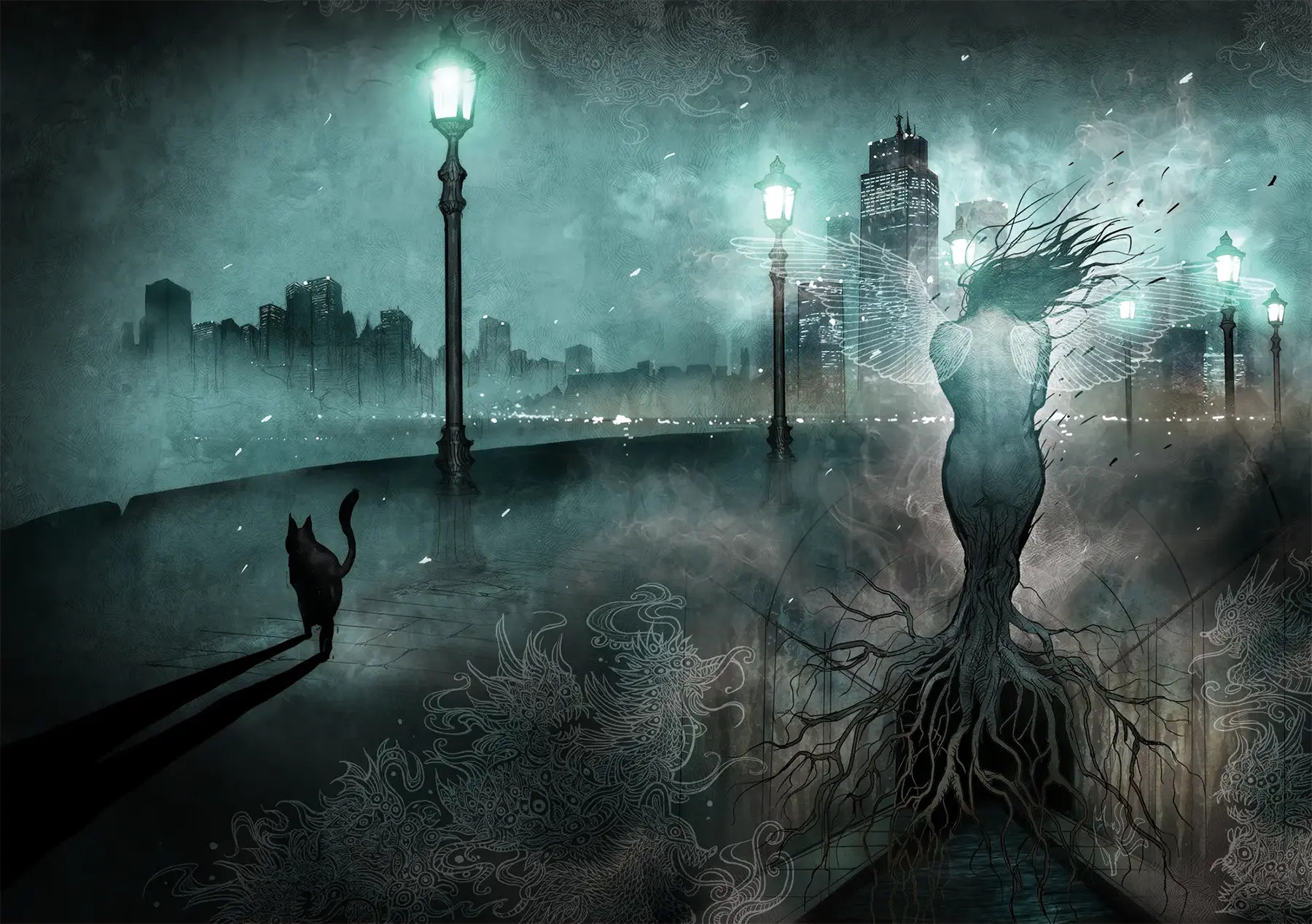
Beyond the Veil
Words By Stevi Sargas
As F(r)iction invites you explore the invisible realms of our latest release, The Unseen Issue, we’ve compiled five best-selling novels to whet your appetite for the unknown. These stories, told by hidden narrators, challenge traditional storytelling conventions to shed new light on visibility, identity, and reality. Slap these on your reading list for 2024 with F(r)iction: Unseen as your companion—packed full of emerging talent and diverse voices—and strap in for a deep dive into the dark.
This Is How You Lose the Time War by Amal El-Mohtar and Max Gladstone
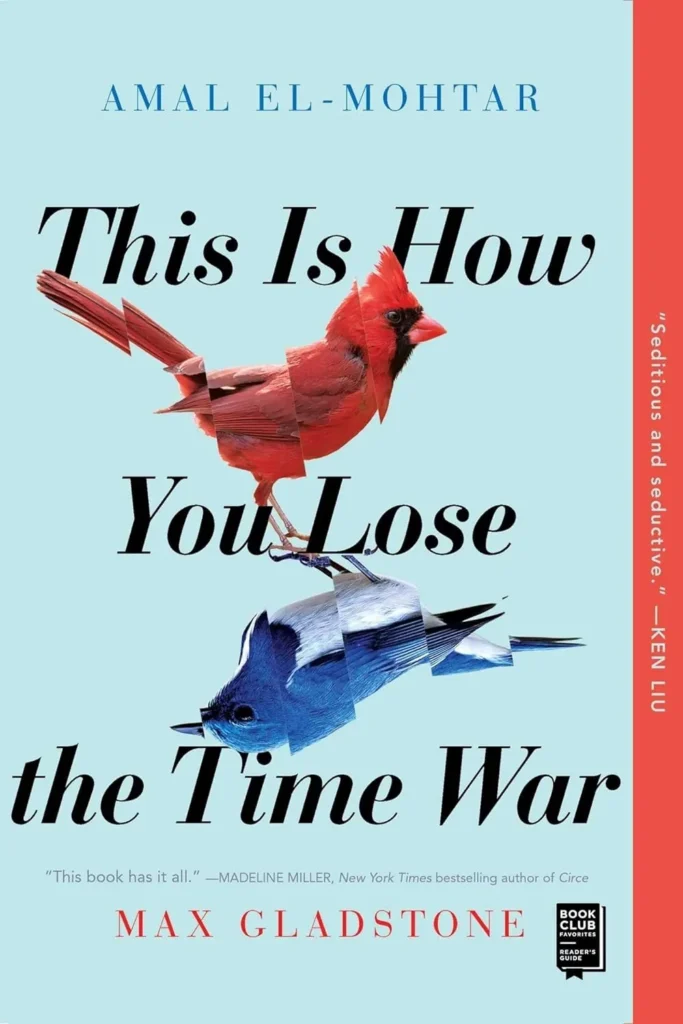
In this genre-bending epistolary novella, Amal El-Mohtar and Max Gladstone weave a patchwork narrative that unfolds through a series of hidden letters exchanged between two rival agents—Red and Blue—across divergent timelines in a galactic war. The narrators, never explicitly revealed, are the voices of these agents as they lace a complex tapestry of love, espionage, and temporal manipulation in their letters to one another across time. As readers navigate the cross-dimensional landscape of the novella, the boundaries between protagonist and storyteller blur, submerging readers in a dual experience of action and retrospection.
The shapeshifting ability of the narrators allows El-Mohtar and Gladstone to build a referential work, with many of the covert identities Red and Blue assume resembling existing historical figures on Earth, or renowned icons of sci-fi literature. Here, science fiction hums as a living undercurrent, freeing the authors to zoom in on the rivals-to-lovers epic between Red and Blue in its star-crossed glory. This genre tension is perfectly captured by the quote, “I would rather break the world than lose you.”
Circe by Madeline Miller
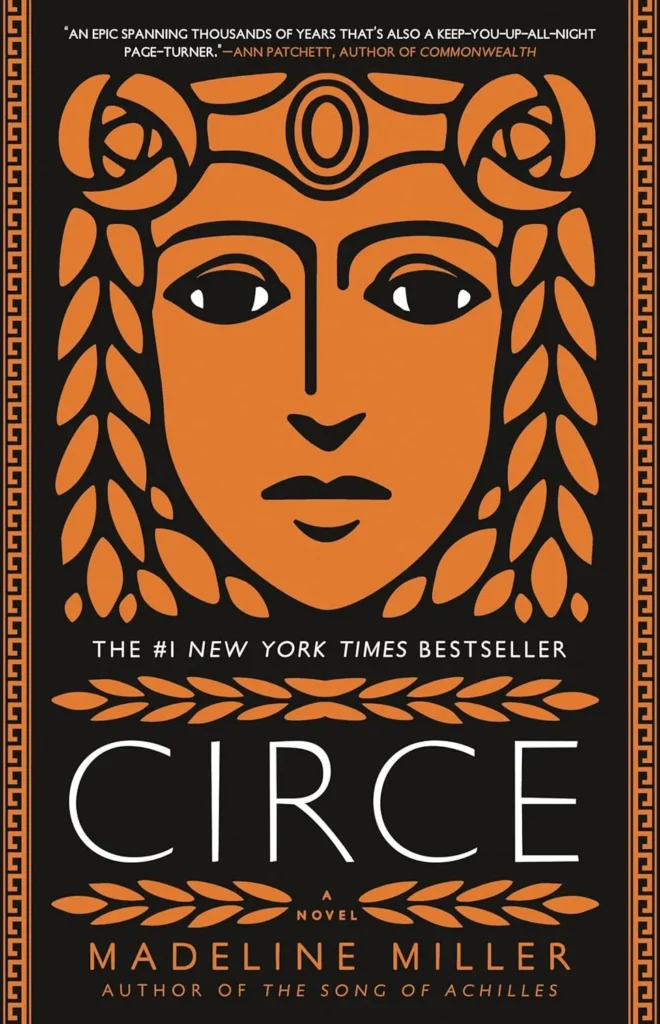
Madeline Miller breathes life into the mythological figure of Circe, enchantress of Aeaea, in this first-person narrative rippling with power and vulnerability. While the narrator is ostensibly Circe herself, her omniscience and agency are realized through Miller’s clever utilization of point of view: Circe is unarguably the reliable narrator of her own experience. Miller gives an authentic voice to one of many hitherto silent female figures in Greek myth, sweeping readers into a transformative inner-journey across the vast mythology so many of us know and love in the classics. As Circe recounts her journey from divine exile to powerful sorceress, Miller imbues the narrative with her rich knowledge in Greco-Roman literature, filling in the gaps where spotlight characters like Odysseus and Heracles historically took front and center. Circe is a deeply informed work, reimagining the classics with masterful finesse. Miller leaves us with the feeling that Circe’s story was always there. She wrote until she set it free.
Harrow the Ninth by Tamsyn Muir
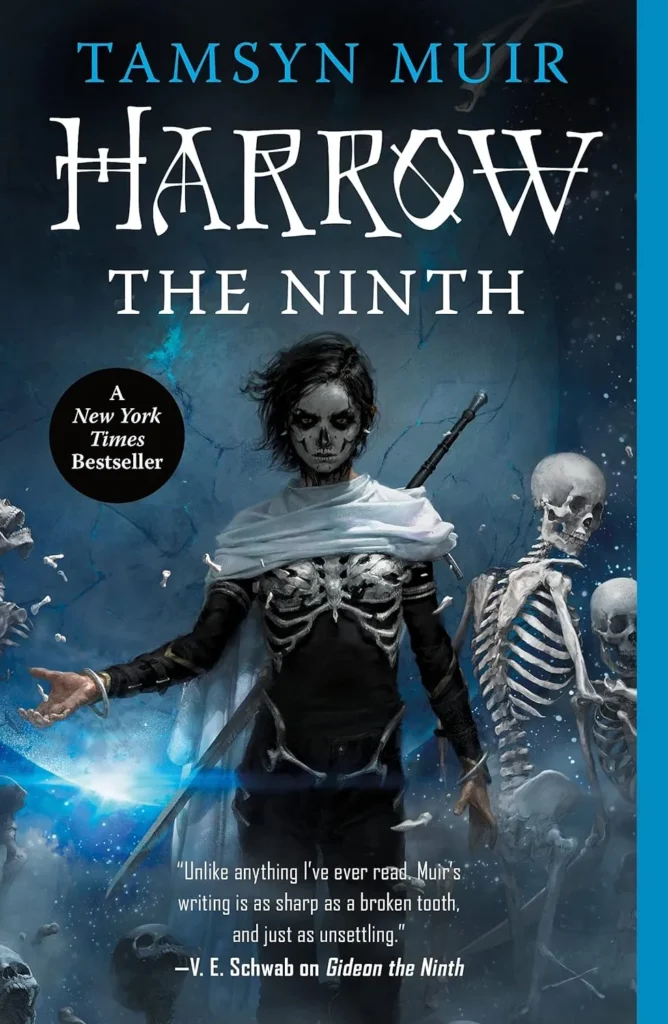
Tamsyn Muir crafts a labyrinthine tale of necromantic intrigue with the second installment in The Locked Tomb series, AKA: lesbian necromancers in space. A stark detour from its prequel, Harrow the Ninth flirts with reality and illusion as the protagonist, Harrowhark Nonagesimus, struggles to piece her identity back together following the dizzying events in Gideon the Ninth. As Harrowhark navigates her new role as Lyctor to God of the Nine Houses (a role she cannot remember being assigned), the story’s narrator remains bafflingly elusive. Muir leaves us to oscillate between Harrow’s internal monologue, her fractured—and blatantly incorrect—memories of the events in Gideon, and what appears to be her experience of hallucinatory psychosis. We cannot be sure, nor are we supposed to be. This complex narration adds an unsettling obfuscation to the story, challenging us to discern truth in a universe where death holds no dominion and Harrow herself must grapple with the unreliable narrator of her own mind.
The Invisible Life of Addie La Rue by V.E. Schwab
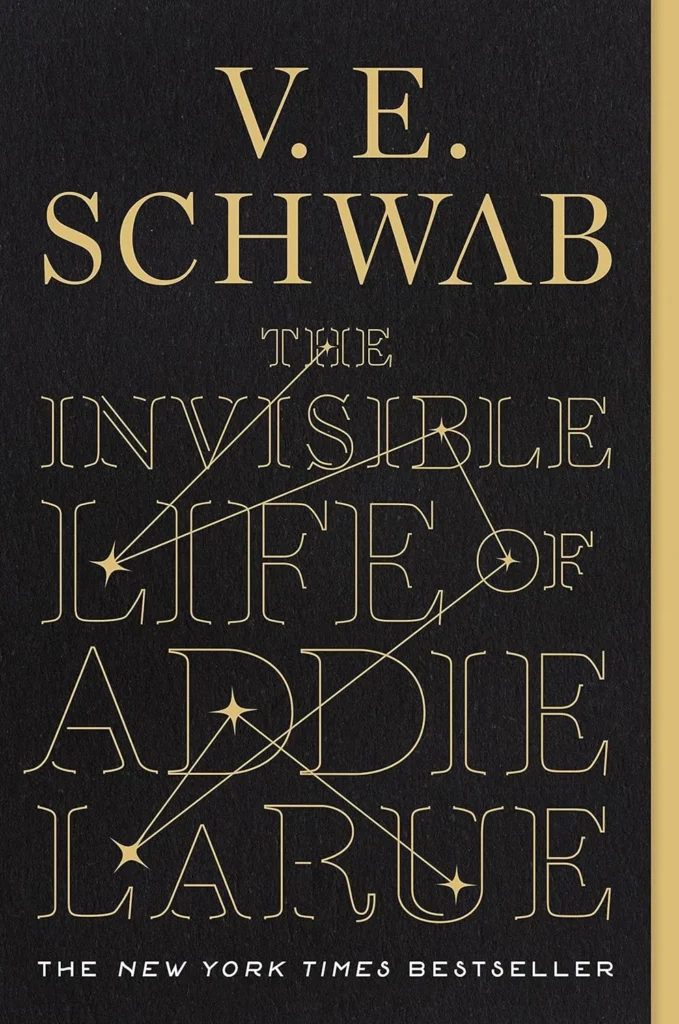
V.E. Schwab tells a haunting tale of immortality and longing in her 2020 fantasy release. The titular character, Adeline, grapples with the consequences of a Faustian bargain she made to escape an unwanted marriage in the 17th century, traversing the centuries as a deathless wanderer, until the year 2014 where she meets a man who carries a similar curse. Addie’s narrative unfolds like a confession revealing the loneliness of her immortal existence and the cold solace she comes to find in her only friend, the very demon with whom she forged a pact. While Addie stumbles through time, her future self is subtly present to guide the reader across the trajectory of her journey, allowing for flashes of insight that Addie herself doesn’t yet have. Schwab’s refined storytelling gives us a profound insight into identity and mortality, as Addie embarks on her eternal quest for connection.
Klara and the Sun by Kazuo Ishiguro
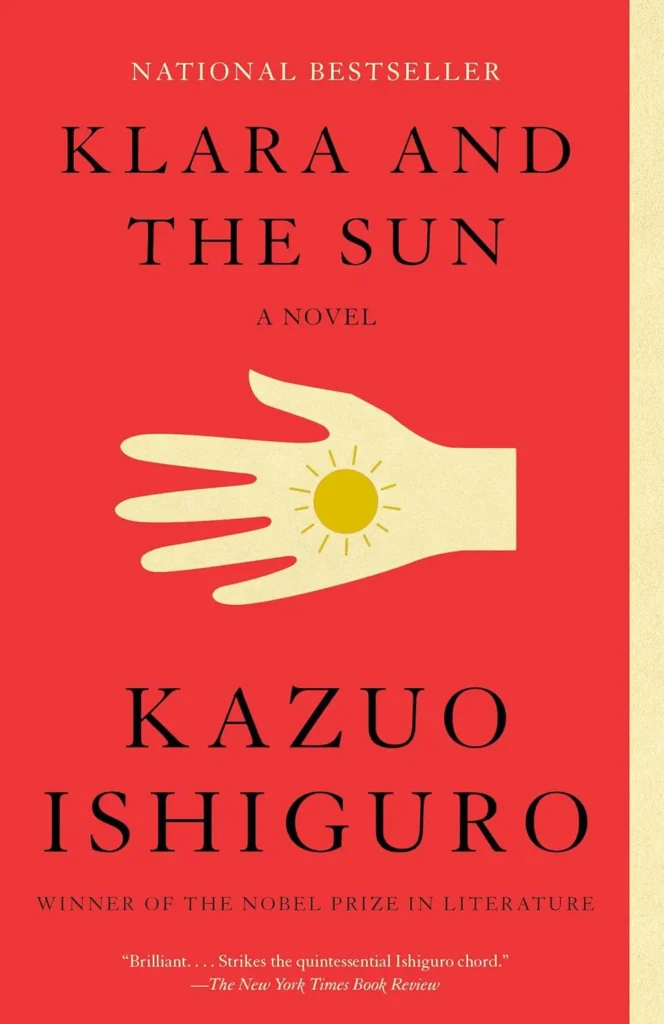
Ishiguro explores the intersection of artificial intelligence and human fallibility in his dystopian sci-fi, hitting closer to home every year since its release in 2021. Through the eyes of Klara, an AI companion designed to bring solace to the lonely child Josie, Ishiguro challenges us to consider whether empathy is learned or innate, engineered or universal. Ishiguro imbues Klara with a sense of childlike wonder and existential curiosity. Yet her endearingly short-sighted conclusions about the world—such as her mistaking the sun for a god as a solar-powered android—point to a deeper exploration of sentience. Klara does not understand where the sun sets, or what it means to go to sleep or die, but somehow, she understands more profoundly than the human characters in the story, the struggle to save a loved one from suffering. Klara vandalizes public property as a plea to the sun to free Josie of an incurable sickness. This heart-wrenching story confronts us with what it means to be conscious, and what shape kindness takes in an age of technological advancement.
Hidden narrators beckon us into a liminal space where voice and identity can shift, and new perspectives can be gleaned. These five novels sit on the bleeding edge of genre innovation, calling on us to broaden our horizons and push our awareness. F(r)iction calls on you to delve deeper with our Unseen Issue. From spectral illusions to elusive truths, Unseen is packed with genre-staples as well as newer, weirder, and wilder tales. Grab a copy from our store today or subscribe to our tri-annual publication for your very own dose of the unknown.